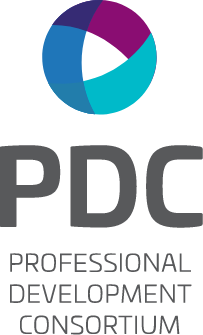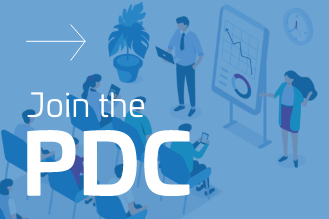You are here
Tips for Year-End Goal Setting in the Legal Industry
November 29, 2022
Author: Brenna Glanville
Milbank
Manager of Professional Development
If year-end goal setting makes you think of gym discounts, fad diets, and flashy commercials, you are not alone. Despite its seemingly gimmicky cousin, making New Year’s resolutions, creating end-of-year goals is a uniquely beneficial activity worthy of your time. Below are my tips, as a former lawyer and now Manager of Professional Development, for creating meaningful end-of-year goals and for implementing a goal-setting initiative at your firm.
Tips for Creating Meaningful End-of-Year Goals
- Start SMART: I was introduced to the idea of creating “SMART” (Specific, Measurable, Achievable, Relevant, and Timely) goals in college, and it guides how I think about every type of goal setting. A quick Google search of SMART goals will produce articles, activity templates, and books written extolling their benefits. The remaining best practices build on the ideas covered when creating SMART goals and I recommend reviewing the SMART framework if you are unfamiliar.
- Take Time to Reflect: Reflect on your accomplishments over the past year before creating a goal for next year. You have likely accomplished more than you initially remember, and taking a few extra minutes will help you identify your strengths and how you motivated yourself. Pro tip: think of habits that worked for you this past year to plan for those you will repeat next year while tackling your next idea.
- Bring a Pen: Goals are best acted upon when remembered. Create a record of your ideas and ambitions so that you can come back and review them later in the year.
- Take a Whole Person Approach: You may feel inclined to organize your goals into “professional” and “personal” categories but remember you are a whole person with a personal and professional life and working with limited time. Your goals should be compatible so you can reasonably work to accomplish both categories.
- Make a Note of Reoccurring Ideas: Take note of how long you have thought about each goal or objective. If you have been thinking about pursuing a goal for the better part of the past year, or you have repeatedly come back to the same idea, consider if it is time to prioritize that goal or give it more of your time.
- Emphasize Your Joy: It is not possible to rid ourselves of every vice until we have reached some evolved perfection. Each of us has strengths and weaknesses. Focus on creating goals that maximize your strengths so that you enjoy pursuing the goal.
- Think Big: When you think about the year ahead, give yourself permission to write down a big idea, even if you cannot or do not understand how you will achieve it. You can make an idea “parking lot” where you table ideas to think about them later.
- Maintain Your Progress: If you have created a new positive habit over the past year or are proud of managing a particular component of your life, make it a goal to maintain that habit. By making it a goal for the year, you are more likely to continue to carve out the time needed to maintain that positive aspect of your life.
Tips for Firm Goal-Setting Initiatives
- Timing: The end of the year is one of the, if not the busiest time of the year for lawyers. Goal-setting initiatives will be most successful if they are framed as “New Year” goal setting and occur in January rather than December.
- Reframe Failure: It is normal for lawyers to get anxious when goal setting. Before even creating a list of goals, they may feel afraid of failing to accomplish them. For me, it helps to think of goal setting as creating a record of ideas and ambitions at a particular moment. Goals do not need to be static for the entire year. Encourage your lawyers to create a new list if they are not progressing on a goal, lose interest in it, or decide to reprioritize.
- Tools for Individuals: You can successfully help lawyers create goals for the year without an in-person program. It can be just as beneficial to send out a goal-setting template with best practices and encourage them to develop goals in their own time. Some people will appreciate the resource without the pressure of revealing their goals to peers.
- Vulnerability: If you choose to do an in-person program, reassure participants at the outset that no one will collect their goals. Effective goal setting requires being vulnerable with yourself about what you want. Lawyers will be reluctant to write down goals if they think another person might judge them.
- Coaching: If your firm offers any executive coaching, remind them of your offering and encourage them to follow up with a coach to discuss their goals. Exploring and refining your goals with a third-party coach who can ensure they reflect your priorities and the time you can devote to achieving them can be helpful. Some lawyers will benefit from having a coach to help them process ideas they may be unsure how to achieve.


